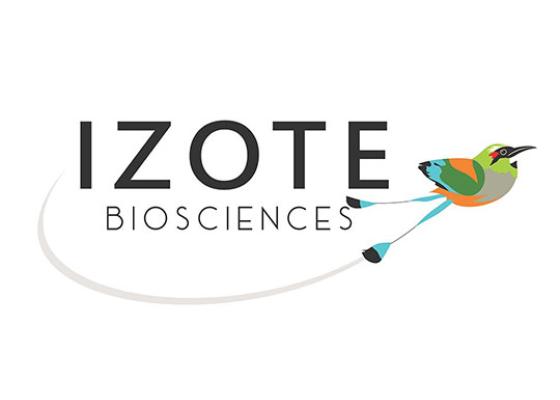Industrial fermentation is a process that uses microorganisms to produce valuable products such as food, beverages, pharmaceuticals, and biofuels. It is a huge and growing industry, with an estimated value of around $100 billion globally.

However, most industrial fermentations require oxygen to support the growth and metabolism of the microorganisms. This poses several challenges, such as high energy consumption, low productivity, and contamination risks.
What if there was a way to eliminate the need for oxygen in industrial fermentations?
That is exactly what Izote Biosciences, a biotech startup from UC Berkeley, is aiming to achieve with its cutting-edge precision fermentation technology. Izote Biosciences was founded by a team of microbiologists who developed a novel method to engineer microorganisms that can perform oxygen-free fermentations. This technology has the potential to revolutionize the industrial fermentation industry by reducing costs, increasing yields, and enhancing quality.
How does precision fermentation work?
Precision fermentation is a term coined by Izote Biosciences to describe their proprietary technology that allows them to precisely control the expression of genes in microorganisms. By using synthetic biology tools, they can switch on and off specific genes that are involved in oxygen metabolism. This way, they can create microorganisms that can either use or avoid oxygen depending on the conditions. For example, they can engineer yeast that can ferment sugars without oxygen, or bacteria that can produce ethanol with oxygen.
What are the benefits of precision fermentation?
Precision fermentation offers several advantages over conventional fermentation methods. Some of them are:
- Reduced energy consumption: Oxygen-free fermentations do not require aeration or agitation, which are energy-intensive processes. This can lower the carbon footprint and operational costs of industrial fermentations.
- Increased productivity: Oxygen-free fermentations can achieve higher product concentrations and faster growth rates than aerobic fermentations. This can improve the efficiency and profitability of industrial fermentations.
- Enhanced quality: Oxygen-free fermentations can prevent oxidative damage and contamination by aerobic microbes, which can affect the quality and safety of the products. This can also reduce the need for additives and preservatives.
If you are interested in learning more about their technology and products, you can visit their website or follow them on social media.
Also Read: How Security Phoenix Can Help You Secure Your Applications Faster And Easier
